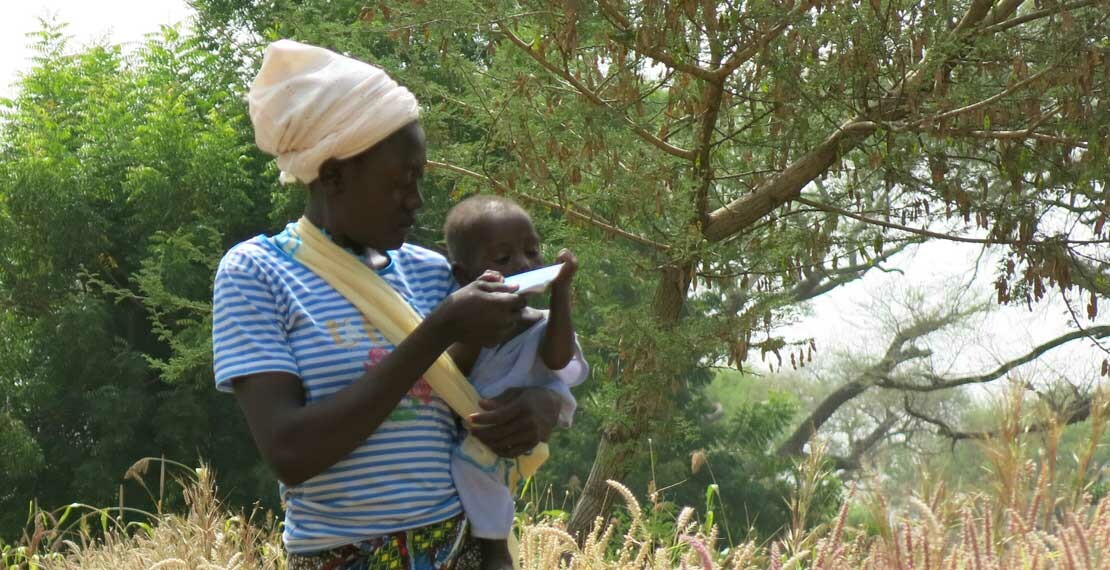Babies profit from protection against malaria during pregnancy

In Burkina Faso, the researchers added a birth cohort study to a clinical trial that evaluated the effectiveness of adding a community-based scheduled screening and treatment of malaria to the standard intermittent preventive treatment with widely used antimalarial sulfadoxine-pyrimethamine to prevent placental malaria. Intermittent preventive treatment is based on full therapeutic courses of antimalarial medicine in order to prevent malaria, regardless of the presence of parasites or symptoms.
The birth cohort study monitored the number of malaria infections and cases in infants during 1 year. The study shows that infants born during the low-transmission season, whose mothers received screening and treatment in addition to intermittent preventive treatment, had 26% less chance of getting malaria for the first time. Since malaria transmission in Burkina Faso is seasonal, the same effect was not observed for infants born during the high-transmission season, whose mothers had been pregnant during the low-transmission season.
The study shows that infants born during low-transmission season benefited from the additional reduction in exposure to malaria parasites in their mothers, which the standard intervention did not prevent. “We observed that an episode of placental malaria in the past is associated with a baby’s increased risk of malaria. This observation suggests that preventing infections at an early stage of pregnancy may have a critical effect on infants’ future risk of getting malaria,” said Hamtandi Magloire Natama, the paper’s first author who is currently working on his PhD project at ITM.
“We knew that intermittent preventive treatment protects against adverse pregnancy outcomes, such as low birth weight, the interruption of pregnancy or stillbirths. However, our findings show for the first time that efficient prevention of malaria in pregnancy may provide additional protection against malaria in infants during the first year of life,” said ITM’s Prof. Anna Rosanas-Urgell.
The researchers say that strategies to prevent malaria in pregnancy should not only be evaluated for the protective effect on pregnancy outcomes, but also for the potential additional long term benefits in infants.
The ITM and CRUN study was done in collaboration with researchers from LSHTM (UK) and AMC (the Netherlands).
Link
Spread the word! Share this story on









